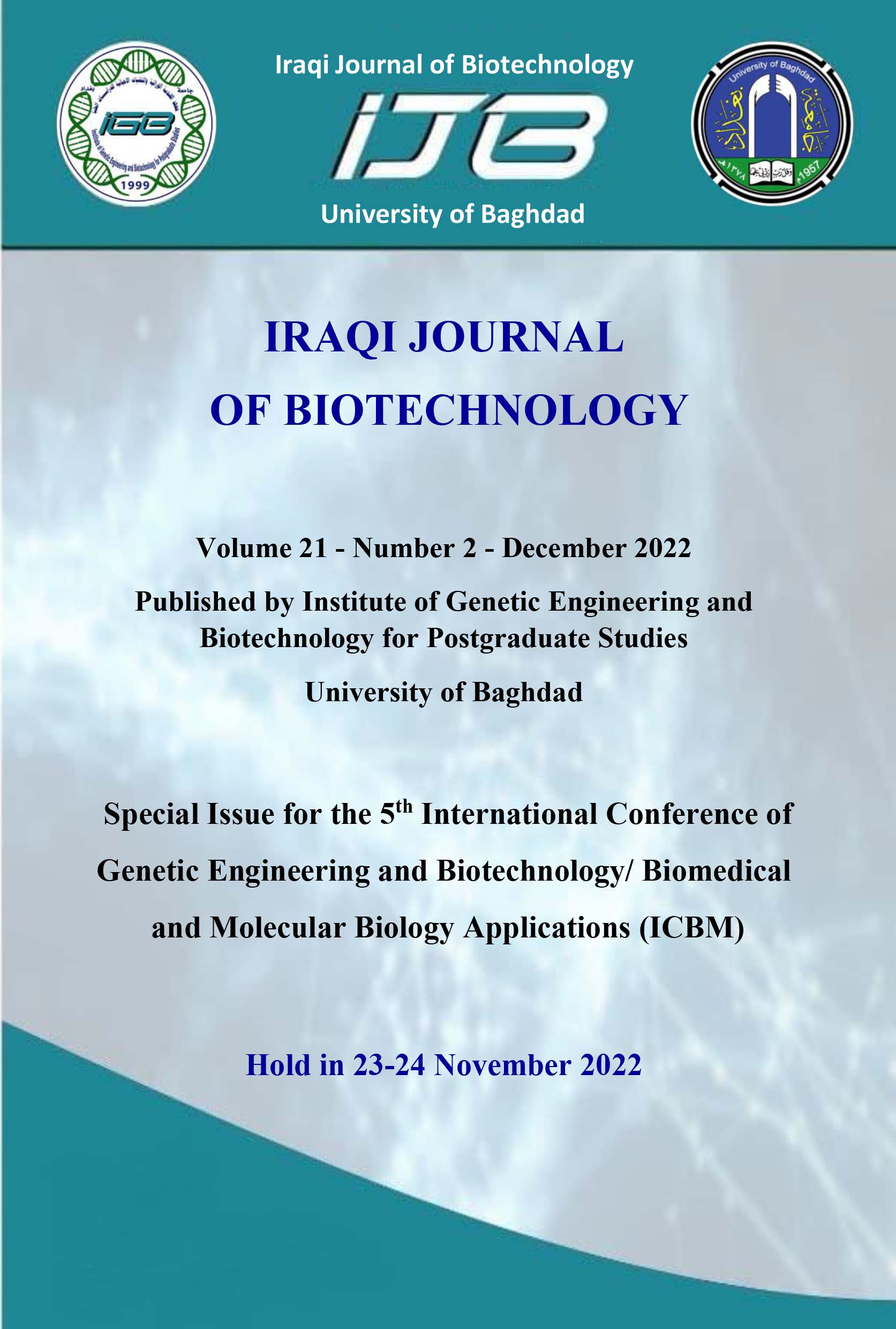Identification of Escherichia coli Isolated from Cow, Cow Workers, Farms, Shared Farm Environments in Karbala Governorate and Evaluation of its Antibiotic Resistance
Abstract
Cow farming involves frequent contact among animals, workers and farm environments. To investigate E. coli that occurs on cow farms and its antibiotic susceptibility, a pilot study included samples from cow workers, cows, and the farm environments from five farms in Karbala governorate. Samples were taken from the nasals and hands of consenting workers (n=100), teats and nasals of selected cows (n=100) and shared environmental (n=200). Samples were processed bacteriologically and the isolates were tested with morphological and a number of biochemical tests for confirmation and identification. Also, diagnosis was done by Vitek- 2 system after subculture and purification. According to the standard morphological and biochemical protocols for isolation and identification that revealed an overall prevalence of 33(8.25%) of the collected 400 samples were contaminated with E. coli. All isolates presumptive E. coli given positive result for Vitek-2 system identification. E. coli possessed resistance to some antibiotics. In contrast, antibiotic such as Ertapenem, Imipenem, Meropenem and Nitrofurantoin were effective against E. coli (100%). Result indicates the presence of E. coli on cows, human and shared environmental, and possessed varying degrees of resistance to antibiotics.


